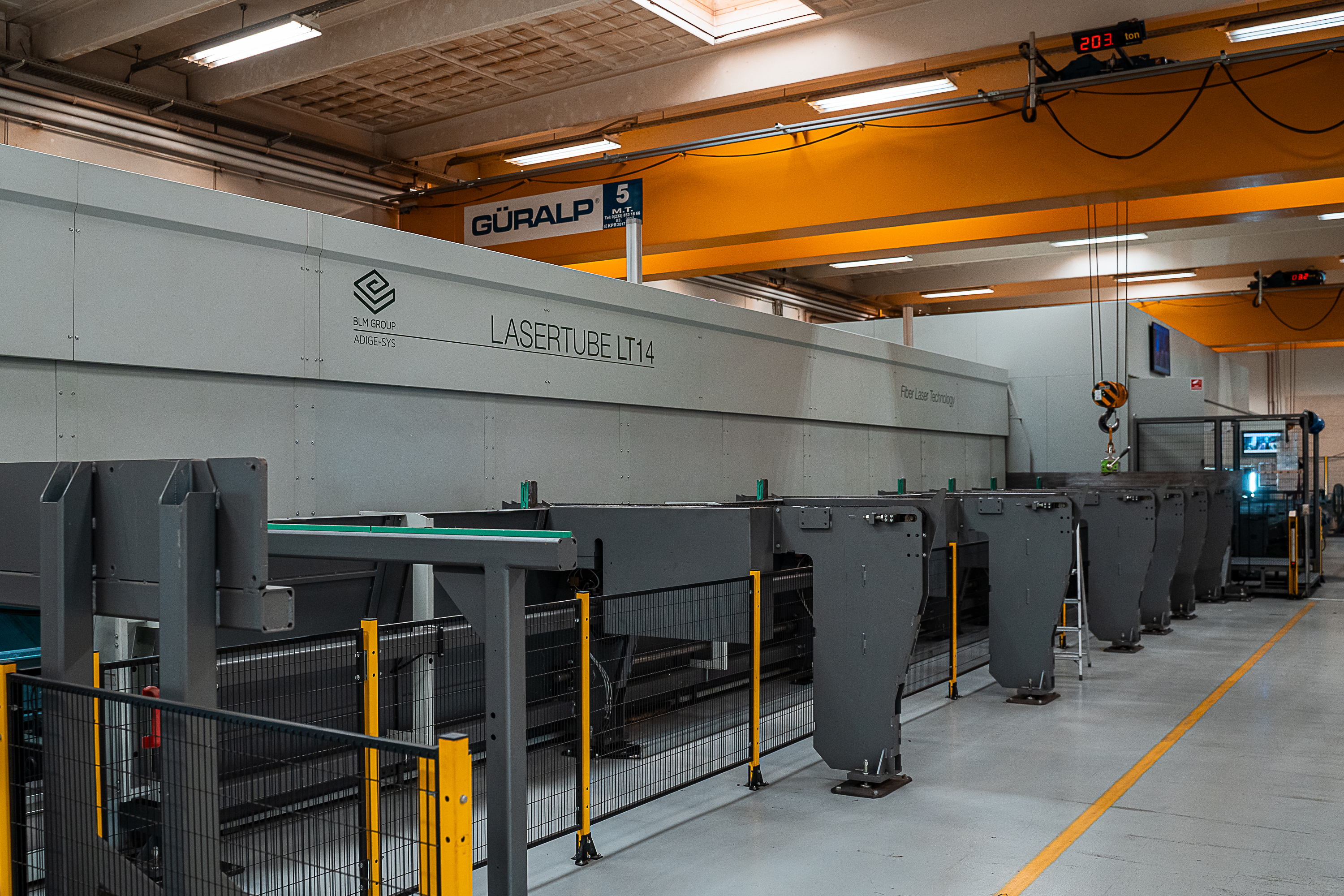
Automation
In the machine industry in the modern world, automation plays a central role in increasing productivity, precision and efficiency. Our consultants can help with the design of fully optimized automation processes
Optimization of production and efficiency
Automation refers to the use of technology to control and optimize production processes, making it possible to minimize human effort, reduce errors and increase the speed of production. Automation engineers are the specialists who work to design, implement and maintain automated systems that are essential to ensure competitive and efficient manufacturing environments. At Tech-Huset, we have a strong team of consultants who can help you with your task.
Automation in the machine industry is about integrating advanced technology, such as robots, automated production lines, sensors, and programmable control systems (PLCs), into the production process. The purpose of automation is to replace or supplement human labor, increase the speed of production and ensure precise, repetitive tasks that do not depend on human factors.
The role of the automation engineer
Automation engineers are responsible for developing and implementing the technical solutions that enable automation in the machine industry. They work to design and optimize systems that can automate production lines, process control and other industrial functions. This requires interdisciplinary knowledge of mechanics, electronics, software and control systems.
Some of the most important tasks for an automation engineer include system design and programming, integration of hardware and software, maintenance and troubleshooting, optimization of production and finally, innovation and research can also help develop new technologies and processes that can improve automation in the machine industry.
Automation engineers in the mechanical engineering industry are essential in driving the development of automated systems that improve production speed, quality and efficiency.
Through their work with the design, integration, optimization and maintenance of advanced technologies such as robots, PLCs and IoT, they play a central role in shaping the industry of the future. Automation is not only a necessity to maintain competitiveness – it is also a key driver in the industrial development towards higher productivity, sustainability and innovation.
Advantages of using automation in the machine industry
Automation in the machine industry offers many advantages that go beyond the increased speed and precision in production. Some of the biggest benefits and opportunities of automation include:
Increased precision: Machines and systems can perform precise tasks with a consistently high quality, which minimizes errors and waste.
Faster production: Automated systems can work continuously and quickly, resulting in higher output and faster delivery times.
Reduced costs: Through streamlining and eliminating human errors, automation can contribute to significant savings in both time and resources.
Improved safety: Automation of dangerous or demanding work tasks reduces the risk of occupational accidents.
Increased productivity: Automated systems can run continuously without breaks, resulting in higher output
Higher quality: Machines and systems can ensure consistent, high-quality production, which minimizes errors and waste.
Flexibility: Modern automation systems can be adapted quickly to changes in production, making it easier to meet customer needs and changing market conditions.
Improved working conditions: Automation can take care of the most one-sided and dangerous tasks, allowing employees to focus on more creative and complex tasks.

Technologies in automation
Automation engineers use a multitude of technologies to create the most efficient systems. Some of the most widely used technologies in the mechanical engineering industry include:
Robotics: Robots are used in many industrial applications for tasks such as assembly, welding, painting and packaging. They have quickly become an integral part of many automated production lines, where they increase precision and reduce the need for manual labor.
PLC (Programmable Logic Controllers): PLCs are specialized computers that control automated processes in real time. They are used to monitor and control machines and production equipment, and they are the foundation of many automated systems.
SCADA (Supervisory Control and Data Acquisition) systems: SCADA systems are used to monitor and control industrial processes across a large area. They collect data from various sensors and devices and allow the operator to monitor and control the system effectively.
IoT (Internet of Things): IoT technology enables machines and equipment to communicate with each other and send data to centralized control systems. This enables intelligent decision making and predictive maintenance.
Artificial intelligence and machine learning: AI and machine learning are used in automation to improve systems' ability to learn from data, optimize processes and anticipate problems before they occur.